Feb 10, 2022
What happens 48 Hours Before Elections?
Malavika Rajkumar and Kadambari Agarwal
48 hours before elections, known as the silence period or pre-election silence, is when all campaign-related or election-related activity is supposed to be halted, and no one, including persons like citizens, journalists, politicians, etc. are allowed to partake in any such activity. This is done to give the voters a peaceful break from being influenced by campaigns so that they may make a considered decision while voting.
Under the Sections 126, 126A and 135C of the Representation of the People Act, 1951 (RP Act), all election-related activities, which are activities intended or likely to influence or affect the results of an election like holding public meetings, giving speeches, etc. are prohibited during the silence period. Most of this is enforced through notifications by the Election Commission of India (ECI). For example, this notification specifies many of the duties and prohibitions in relation with the 2020 General Election to the Legislative Assembly of National Capital Territory of Delhi.
The following is prohibited 48 hours before elections:
Sale of Liquor
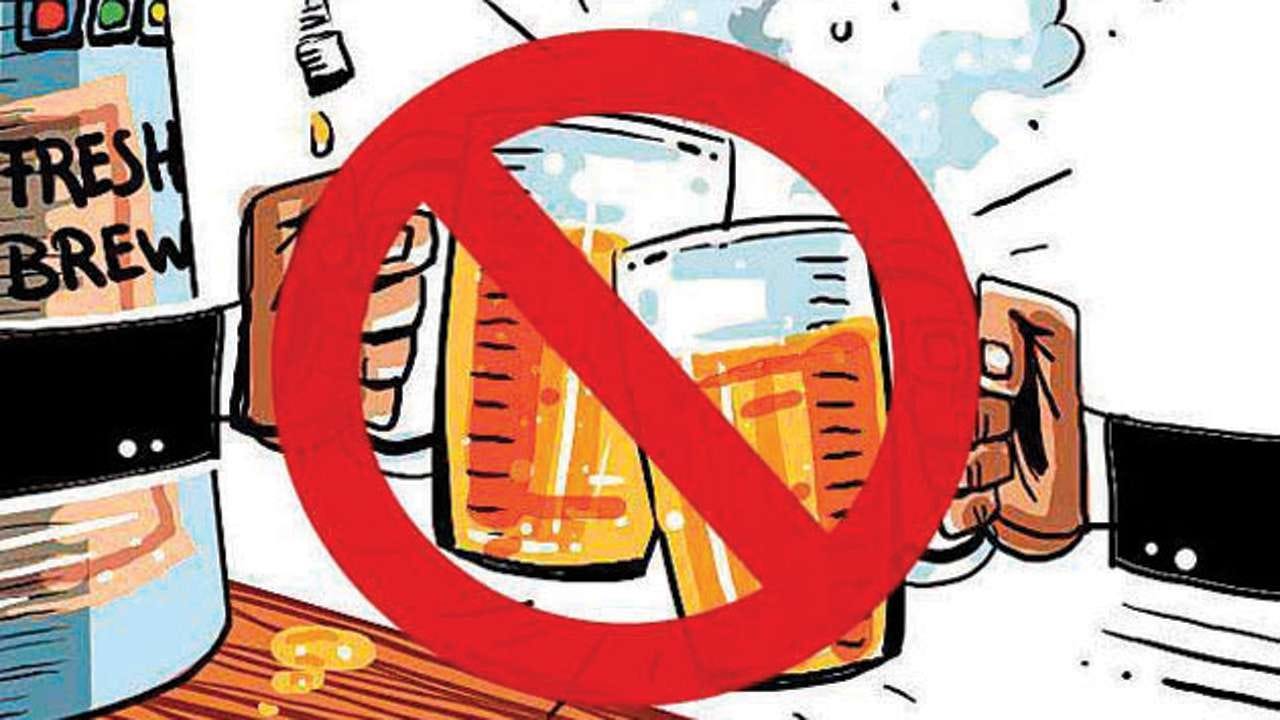
The sale or distribution of liquor at places like hotels, shops, restaurants, etc., whether public or private, within a polling area is prohibited.
Section 135C of the RP Act, makes this a punishable offence with imprisonment of up to six months and/or with fine up to Rs. 2,000.
Holding Public Meetings
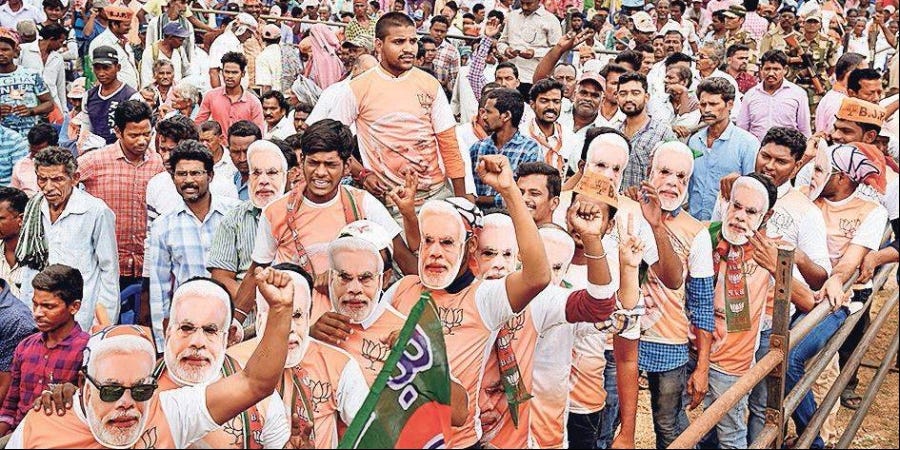
During this time, no one is allowed to convene or attend or address any public meeting or procession relating to an election. Additionally, no one can hold or arrange any form of entertainment, such as theatrical performances, musical concerts, etc. with the intention of attracting the public to influence them to vote for or against any political party or candidate. Any violation of this may lead to imprisonment of up to two years and/or a fine.
Conferences and Interviews
Candidates and political parties are not allowed to address the media on election-related matters through press conferences or interviews. Any violation of this may lead to imprisonment of up to two years and/or a fine.
Advertisements
The ECI has stated that news should be clearly differentiated from advertisements by printing disclaimers, credit lines, and it should be set in a format distinguishable from advertisements. Advertisements, sponsored programmes or reports, including bulk SMS’s, are not supposed to be broadcasted on platforms like television, or the radio with an intention to influence the election results. However, general events relating to a political party, which do not influence the public in any manner, may be broadcasted. Further, advertisements should not be shared to influence neighbouring constituencies. For example, persons in Narela constituency cannot broadcast content that might influence the voters of Burari constituency, if the latter is going to vote.
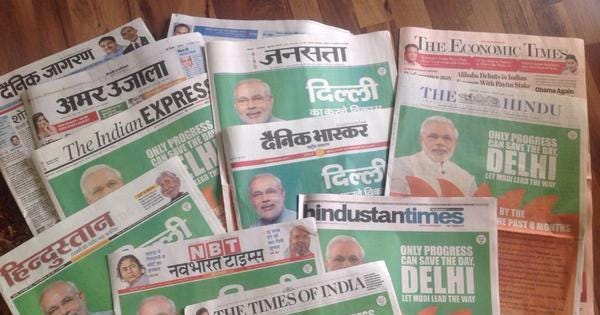
The Supreme Court in 2013 has directed that no one, including political parties/candidates, individuals, etc., can publish any advertisement in the print media on poll day and one day prior to poll day, unless the contents of political advertisements are pre-certified from the Media Certification and Monitoring Committee (MCMC) at the State or District level. However, any political content in the form of messages, photos, comments, photos, videos posted or uploaded on ‘blogs/self-accounts’ (including the websites of a political party/candidate) do not require pre-certification.
Social media platforms also have a duty to regulate political advertising by making sure that such political advertisements get a pre-certification issued by the ECI or by the MCMC. For example, Google requires a two-step verification of the political advertisement; it is first verified by Google itself and then by the ECI or the attendant authorities, which issue a pre-certificate for the advertisement.
Duty of the Press
No one is allowed to broadcast any news which contains any material that may be construed as influencing or affecting the results of the election. This includes the display of any opinion poll, standard debates, analysis, visuals and sound-bytes, views or appeals by panelists or participants, etc.
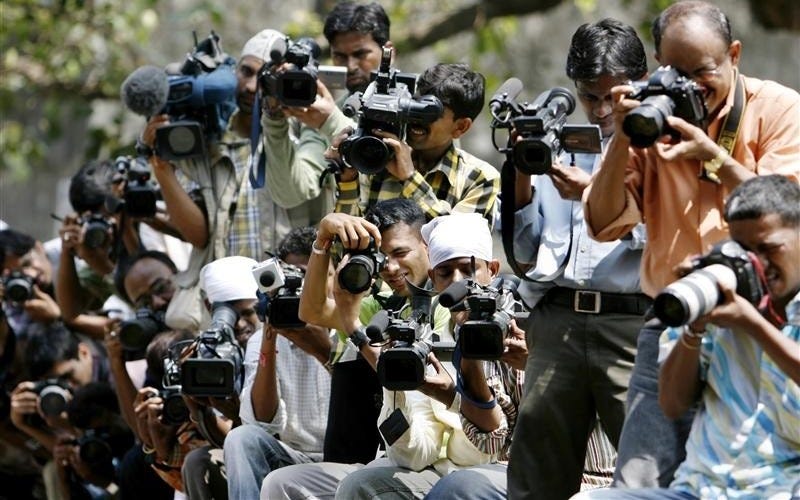
The press has a duty to give objective reports about the elections and the candidates. Unhealthy campaigns, canvassing, false or critical statements with regard to a candidate’s conduct, unverified allegations, exaggerated reports or even personal attacks on candidates are not allowed. The press also has to prevent any promotion of feelings of enmity or hatred between people on the grounds of race, caste, religion, language or community. Even programmes including predictions by astrologers, tarot-card readers, and political analysts, etc. which predict the results of the elections in any way, are prohibited.
The press has a duty not to accept any kind of price in cash or kind to project a candidate or a party in a certain manner. This is known as “paid news”. To shut such activities down, all newspapers, including e-newspapers, are scrutinized by the Media Certification & Monitoring Committee (MCMC) at the District and the State level. They scrutinize all newspapers and electronic media in order to locate political advertisements in the garb of news coverage, and take necessary action against the concerned candidates or publications so as to stop paid news. Apart from this, Section 127A of the RP Act makes it mandatory for the publisher of an election advertisement to print the name and address of the publisher as well as the printer. This is one way of ensuring that the publisher does not promote paid news and this is a punishable offence with imprisonment up to and/or fine of Rs. 2,000.
Duty of Online Platforms
All political content posted on social media platforms requires pre-certification, and all social media intermediaries have to ensure that unfair and unethical practices do not happen so as to ensure a free and fair electoral process. Social media as per the ECI notification includes collaborative projects like Wikipedia, blogs and micro blogs like Twitter, content communities like YouTube, social networking sites like Facebook and virtual game-worlds like applications etc.

The “Voluntary Code of Ethics” proposed by the Internet and Mobile Association of India (IAMAI), based on the voluntary participation from platforms such as BIGO, ByteDance, Facebook, Google, Sharechat, Twitter, etc., applies during the Delhi Assembly Elections 2020. All the participants have a duty to voluntarily undertake information, education and communication campaigns to spread awareness on electoral laws and other instructions. The ECI has developed a notification mechanism by which all violations will be processed and looked into to prevent unfair practices. For example, Google specifically states in their advertising policy that “Non-compliance with our political content policies may result in information about your account and political ads being disclosed publicly or to relevant government agencies and regulators.”
Loudspeakers
No loudspeakers can be used during the silence period. It cannot be fitted on any vehicles, buildings, etc., and if anyone does this, it is a violation of the Model Code of Conduct (MCC).
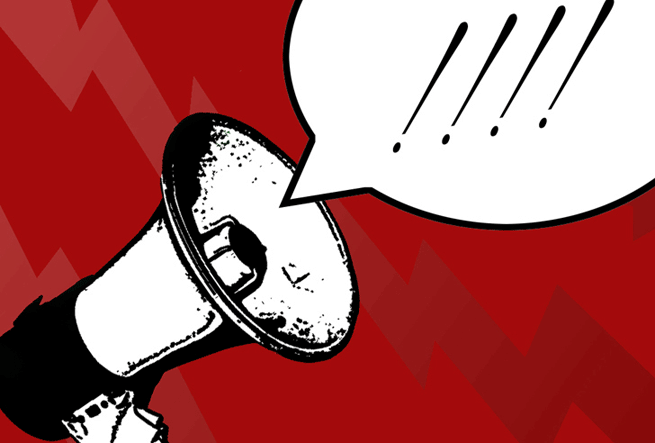
After the 48 hours are over, proper permissions from the District Administration have to be taken to use them again.
Opinion Polls and Exit Polls
No election matter including results of any Opinion Poll, Exit Poll or any other poll survey, is allowed to be published in any electronic media during the silence period in each of the phases of elections.
Specifically with respect to exit polls, during the time fixed for poll and half an hour after the close of the poll, no one is allowed to conduct any exit poll or disseminate its results by means of print, electronic media or any other manner. Television, radio, cable or FM channels that do carry out exit polls will be punished with imprisonment of up to two years and/or with a fine.
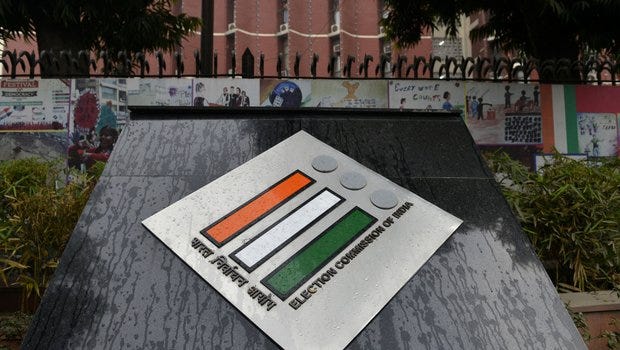
The ECI scrutinizes all forms of violations through the MCMC which is the nodal agency at the State and District level which monitors as well as provides for certification for any election-related matter and political advertisements. If you notice any violation of the aforementioned provisions or more generally, of the MCC, you may use the cVIGIL mobile application to report such instances.
_________________
Malavika Rajkumar is the Content Lead at Nyaaya and Kadambari Agarwal is a Research Assistant at Vidhi Centre for Legal Policy. Views are personal.